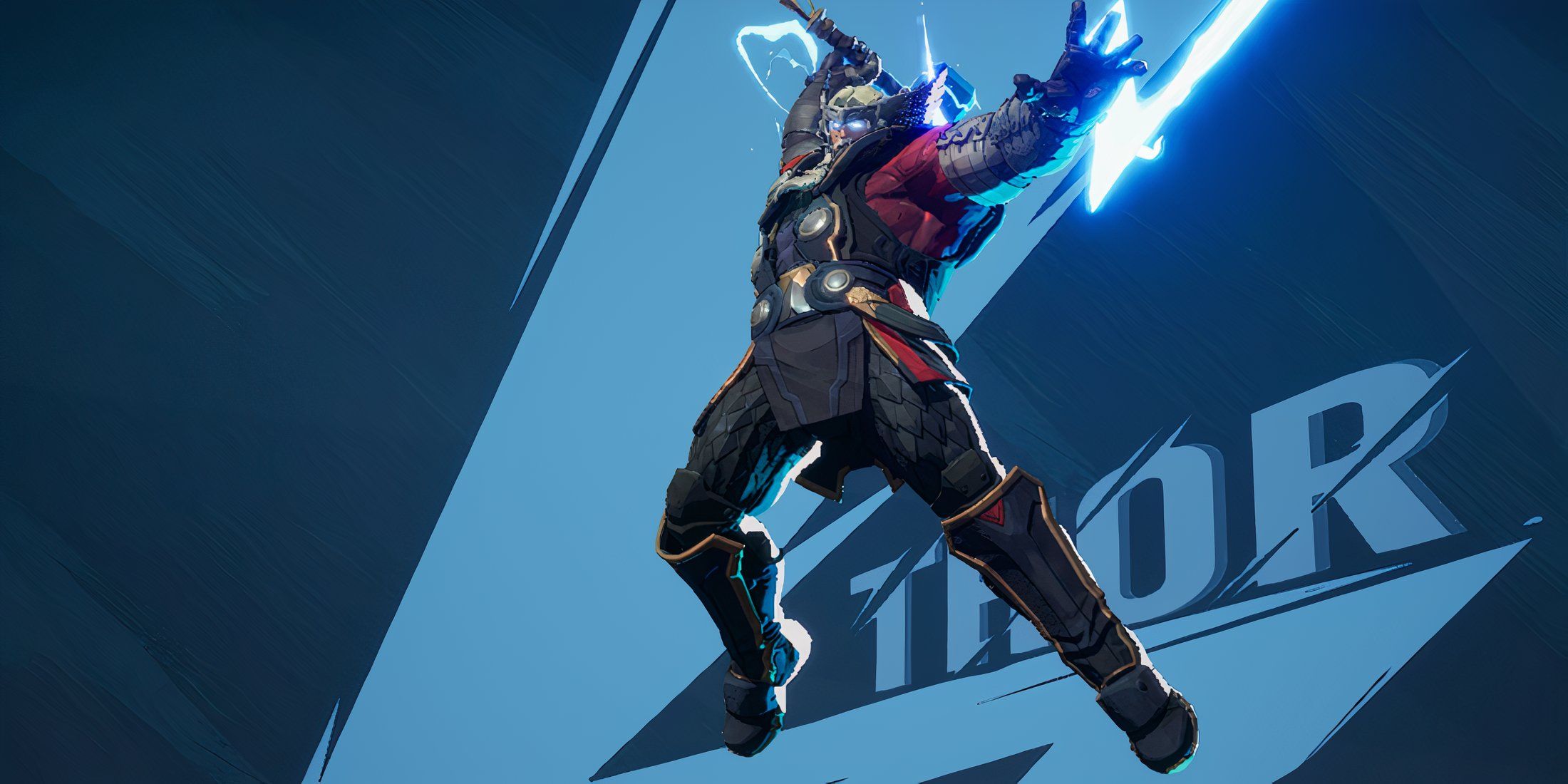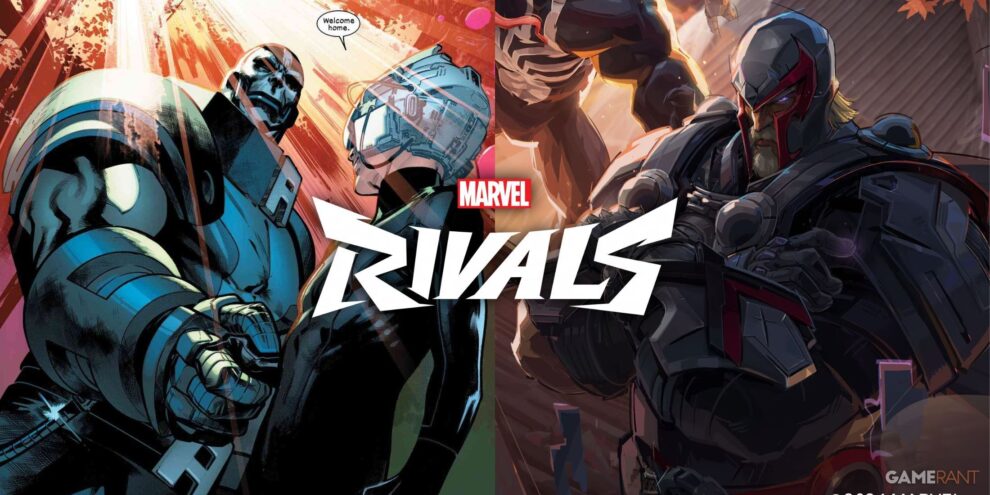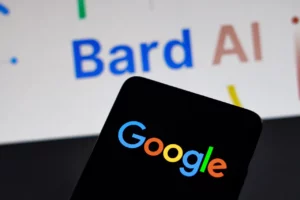Marvel Rivals’ latest season update has delivered an unexpected blow to its PC modding community, effectively eliminating all user-created content through stringent new security measures. The controversial change arrived alongside the highly anticipated Season 1 launch, which introduced the complete Fantastic Four roster to the hero shooter’s expanding universe.
NetEase’s decision to implement asset hash checking has sparked intense debate within the gaming community. This sophisticated verification system meticulously compares local game files against server-side references, automatically flagging any discrepancies that could indicate modified content. Players caught running unauthorized modifications now face potential account bans, marking a dramatic shift in the game’s approach to user-generated content.
The modding community’s reaction has been particularly vocal, with creators and users lamenting the loss of various custom content, ranging from performance-enhancing FPS boost mods to creative character reskins. Among the more colorful discussions, the community has notably mourned the removal of an infamously exaggerated Venom modification that had become something of a meme within the player base.
However, the update’s reception hasn’t been universally negative. A significant portion of the player base has defended NetEase’s decision, highlighting the economic realities of maintaining a free-to-play title. These supporters argue that allowing unrestricted modding, particularly custom skins, could undermine the game’s primary revenue streams through battle pass and cosmetic sales. Additionally, many players have welcomed the change as a potential solution to the growing concerns about cheats and hacks that had begun to surface in the game’s competitive environment.
The timing of this anti-modding initiative coincides with Marvel Rivals’ transition from Season 0 to its first official season, dubbed “Eternal Night Falls.” This major update has brought substantial balance adjustments alongside the introduction of the complete Fantastic Four team, including Mister Fantastic, the Invisible Woman, the Human Torch, and the Thing. The season launch represents a crucial moment for the game, which has already demonstrated significant market appeal by attracting an impressive 10 million players during its opening weekend.
Despite its commercial success, Marvel Rivals has faced mixed critical reception. Notable gaming publication Eurogamer awarded the title a modest two out of five stars, with reviewer Chris pointing out that while the game offers complex and engaging mechanics, it struggles to deliver consistent entertainment value. The review particularly emphasized how the game’s shortcomings have inadvertently highlighted the strengths of its competitors in the hero shooter genre.

The modding controversy adds another layer of complexity to Marvel Rivals’ ongoing evolution. While the asset hash checking system effectively addresses certain security concerns and protects the game’s monetization strategy, it also raises questions about the balance between corporate interests and community creativity. This situation mirrors similar debates in other free-to-play titles, where developers must carefully weigh the benefits of user-generated content against business sustainability and competitive integrity.
As the dust settles on this significant policy change, the Marvel Rivals community finds itself at a crossroads. The removal of modding capabilities could either strengthen the game’s competitive ecosystem and financial stability or potentially alienate a creative and passionate segment of its player base. With Season 1 now in full swing, NetEase’s ability to navigate these waters while maintaining player engagement will likely prove crucial to the game’s long-term success in the increasingly competitive hero shooter market.
Looking ahead, the impact of this anti-modding measure on Marvel Rivals‘ player retention and community engagement remains to be seen. While the game continues to evolve with new content and balance updates, the conversation surrounding user-generated content and game modification in free-to-play titles appears far from over.
















Add Comment